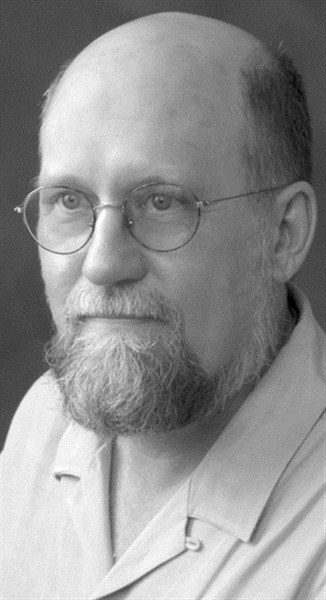John Howell Sr. 4/19/13
Published 12:00 am Friday, April 19, 2013

John Howell Sr.
John Ingram said that when he and Litigants Will Smith and Bob Morris made plans to watch fellow bandsman and marathoner C. D. Overton in the 117th Boston Marathon, he had not expected to be so impressed with the city.
He found the people “extremely polite,” he said. “Officers, public officials, everybody.”
“Overall, I was very impressed; Boston is a high-class city.”
By the time Ingram was able to offer an “overall” assessment, he and his companions had been through Monday’s bombings near the finish line that marred the event while bringing out the best in the city that had already impressed him.
“They didn’t panic; they didn’t over-react; they did what they needed to do,” Ingram said, describing the actions of first responders, marathon volunteers, even uninjured passersby.
“They had that whole area shut off moments after it happened,” he said.
Within 10 minutes, the area had been flooded with ambulances, he said.
“It was like a military operation.”
The story of the four men’s proximity to Monday’s bomb blast is recounted, starting on page 1A.
They were leaving the area of the finish line, walking toward a pub when they heard the explosions, which they first shrugged off.
About five minutes later, when they were inside the pub, televisions began bringing live coverage of the death and destruction little more than two blocks away. The room first fell silent. That was followed by “a cacophony of ringing cell phones,” he said, as callers began to reach pub patrons.
Then all cell phone service quit at once. Ingram said that he believes that shutting off all cell phone services simultaneously was also part of the emergency master plan, a design to remove the possibility for remote-triggering of additional bombs.
At that point, Ingram said he told himself, “‘We ain’t ever going to get back home; we can’t even get back to the motel.”
But they did.
“Within an hour the subway was back open; they had that thing cleared within an hour,” Ingram said, referring to authorities who checked public transit to make sure additional bombs weren’t awaiting detonation.
The following day Ingram said that he found, as he read the daily newspaper, further indication of the city’s preparedness. The number of injured listed as treated at each of the city’s seven major hospitals was about the same, indicating that the injured were evenly distributed among them as the patients were transported away from the blast site.
Ingram, Overton, Smith and Morris returned to Batesville via a flight to Memphis, as scheduled on Tuesday, Ingram with a new-found appreciation for both the host city and its precision in preparing for the unexpected.






